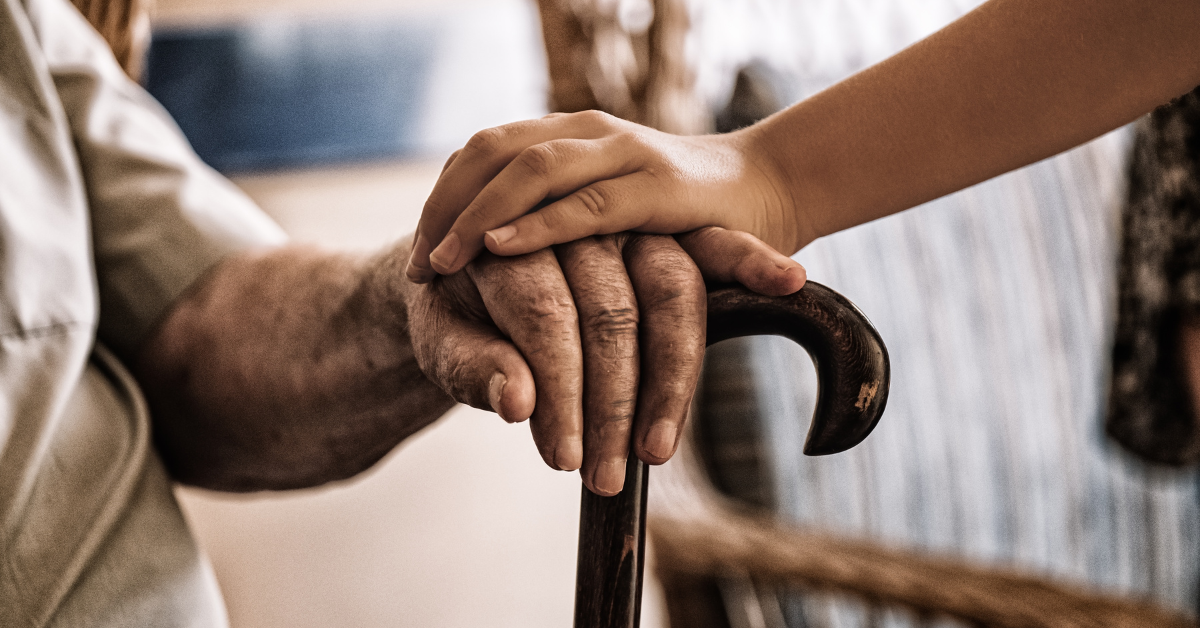As you know (Unveiling the dynamics of frailty), I have had a very close encounter with Frailty, which has opened my eyes to the impact of adverse incidents and their effect on our lives.
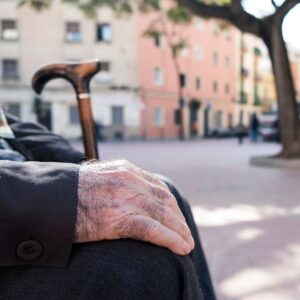
Understanding the impact of adverse incidents is crucial, as it can help us prepare for and cope with the challenges they bring. When we are young, and something happens, resulting in a fracture, may it be an arm or a leg, we heal relatively quickly, and don’t we always marvel at how quickly children heal? The scars are the only reminder of what happened.
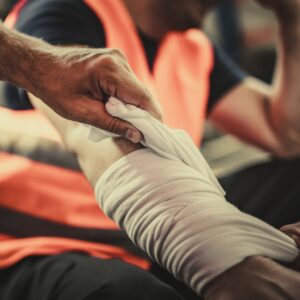
As we age, we often wonder why our bodies take longer to heal, and how a single injury or illness can significantly impact our overall well-being. It often takes months to recover and even then, we may not be back to the optimal health we started off with before the incident. Suddenly, we realise how vulnerable we are, and it may take months to regain our confidence. We may be nervous to venture out, “what if I fall”, “what if I pick up an infection and become ill again”, and we become fearful and wary to even go to the shops. We stay home where it’s safe, and we isolate ourselves, resulting in
- less fresh air and sunshine,
- less adventure,
- less socialisation and
- more loneliness, leading to depression.
Together with the normal “physiology of Ageing” (seen in image 1 below) and an adverse incident (depicted in Image 2 below), we could get into trouble quite quickly. There are normal ageing effects that slow us down and make us more vulnerable. This is part of life. Knowing them and the effect it may have on us, we realise the importance of simple things, like
- daily activity,
- healthy eating,
- social involvement and
- a sense of well-being and purpose.

The second image depicts the potential long-term effects of an unexpected incident if we are unprepared and fail to grasp its impact. We may be healthy and strong, but one day, a simple fall could result in a femur fracture, causing significant stress on our overall well-being.

The physical fracture is painful and needs to be set in theatre, which means some time in hospital. On discharge, many adjustments must be made, and recovery takes time. Pain is a big factor; pain medication is a blessing, but it also makes us drowsy and tired.
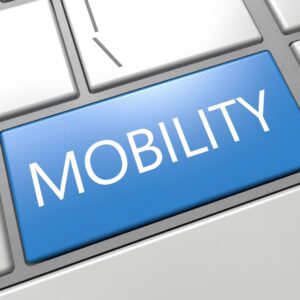
Mobility is the next challenge. Being able to transfer to the bathroom, shower, and venture outside takes time. It is painful and needs to be done safely. Here, our confidence plays a big role, as we need to be brave enough to venture out but done in a safe manner, not to aggravate the injury. Knowing what you can do and what is not safe may become frustrating, especially when we pride ourselves on being independent. Having the patience to rest and heal is critical. We must appreciate the lessons we are forced to learn, slow down, and be patient.
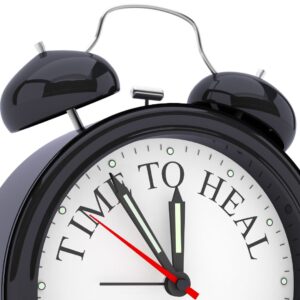
As you can see in Image 2, it is of utmost importance to heal properly in all aspects; otherwise, we will not reach the optimal level again. Our general health and ability decrease, and we are more prone to have another adverse incident. With the decreased capacity from the last incident, it is so much harder and longer to recover properly, and so our health deteriorates step-by-step, and before we know it, we are unable to care for ourselves. We are tired and demotivated, and depression may set in.
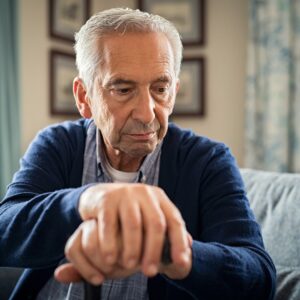
So, how do we prevent this, and what can we do? These are some of the topics I would like to share with you in the upcoming articles.
- The benefits of multi-disciplinary teams,
- dietary supplementation,
- the importance of a good night’s rest, and
- mental, spiritual, and social well-being.
We must look after ourselves, so we may be in optimal health for as long as possible.
Take care and much love, Sr Heide-Marie Archer


